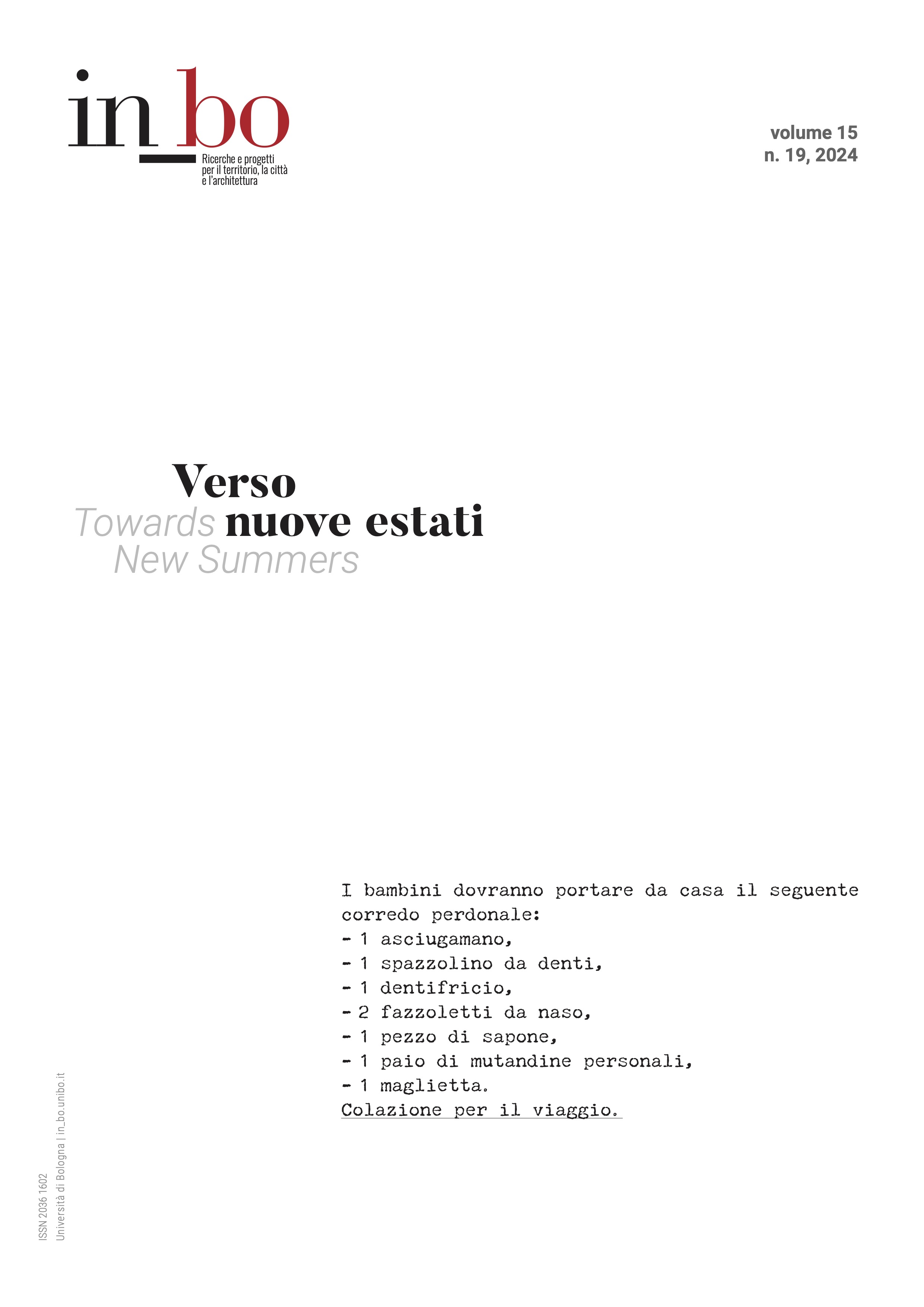Teaching Freedom: The Italian Anti-Fascist Holiday Camp of Saint-Cergues (1928–45)
DOI:
https://doi.org/10.6092/issn.2036-1602/16474Keywords:
fascism, antifascism, holiday camp, childhood, jewish historyAbstract
In the French Haute-Savoie there is still today a building that is deeply linked to the history of the Italian Republic, which not only testifies to its roots and values, but also represents a paradigm of childhood tragedies in the twentieth century. It is a holiday camp in Saint-Cergues Les Voirons (now converted into private apartments) which was built by the Italian “fuorusciti” for the children of the emigrated compatriots. The creation of this holiday camp was considered one of the most successful undertakings of international anti-fascism. After its opening in 1933, the holiday home was used for a few years by Italian emigrants’ children as well as a refuge for well-known anti-fascists; then it was adapted to the new needs of assistance to the most fragile and difficult children imposed by international circumstances. Five years after its opening, the building was in fact used as a holiday camp for Spanish refugee children from the civil war and, after the outbreak of the Second World War, it became a place to welcome children of any nationality, victims of the conflict and finally a home-refuge for young Jews fleeing deportation. This building, built in a typical alpine style, was most dissimilar from the fascist monumental architectural models. Built just a few kilometres from Geneva, it was much more than just a building: it was a real challenge against an autarchic regime that was increasingly turned in on itself, even in its educational models.
Downloads
Published
How to Cite
Issue
Section
License
Copyright (c) 2024 Fabio Montella

This work is licensed under a Creative Commons Attribution-NonCommercial 4.0 International License.





